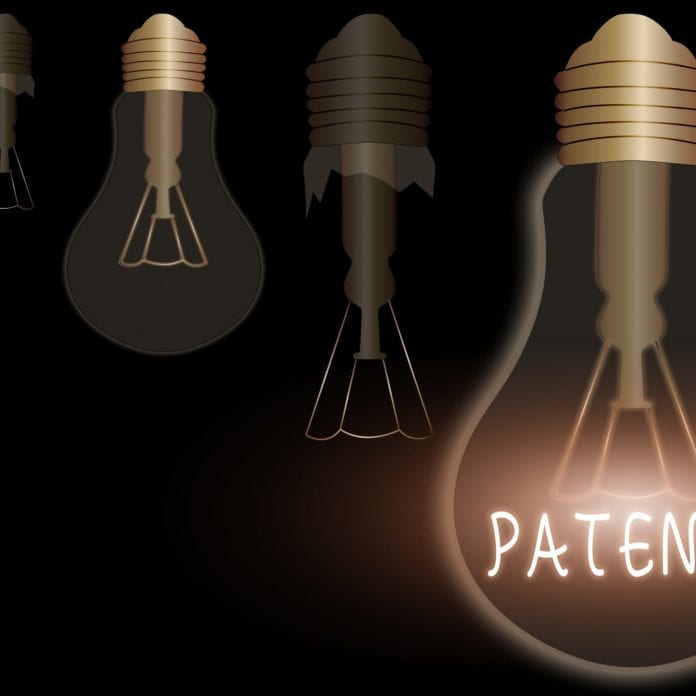As a keen industry observer, I have seen with awe, the attention patents (aka IPR- Intellectual Property Rights) have recently gotten. And that has everything to do with the importance 5G has gotten. Most of the stakeholders now realize that IPR leadership indeed means technology leadership. But the issue that many do not understand is, how to determine IPR leadership. A lot of them, especially gullible media, falsely believe that owning a large number of patents represents leadership, no matter how insignificant those parents are. I have been on a crusade to squash that myth and have written many articles, published a few podcasts to that effect. Gladly though, many are realizing this now, and speaking out. I came across one such report titled “5G Technological Leadership,” published by the well-known US think tank, Hudson Institute.
Infrastructure is only one of the many 5G challenges
The report recognizes the confusion the 5G policy discussion in the US is mired in, and how misdirected the strategy discussions have been. It rightly points out that the well-publicized issues of lack of 5G infrastructure vendor diversity, as well as the size and speed of 5G deployments, are only small and easy to understand parts of the multifaceted 5G ecosystem. The authors of the report, Adam Mossoff & Urška Petrovčič strongly suggest that it would be wrong for the policymakers to only focus on these aspects. I could not agree more.
How to determine technology leadership?
A much more important aspect of 5G is the ownership of the foundational and core technologies that underpin its transformation ability. 5G being a key element of the future of almost every industry on the planet, whoever owns those core technologies will not only win the 5G race but also will wield unassailable influence on the global industry and the larger economy.
As mentioned earlier, technology leadership stems from IPR ownership. This is not lost on companies and countries that aspire to be technology leaders. This is clearly visible in the number of 5G patents filed by various entities. And that brings us to the critical question “Does having a large number of patents bring technology leadership?”
Patent counting is an unreliable method
It is heartening to hear that the report decisively says that patent counting is an unreliable method to determine 5G leadership, and it would mistake to use it as such. Further, the report asserts that the decision boils down to the quality of those patents, not quantity. The quality of patents here means; how fundamental and important they are for the functioning of 5G systems.
Sides note: Please check out these two articles (Article 1, Article 2) to understand how to determine the quality of patents.
The misguided focus on patent quantity has made many companies and even countries to pursue options that are on the fringes of what is considered ethical. For example, the report attributes the recent rise in 5G patents filed by Chinese individuals and companies to the government’s direct subsidies for filing patents, not necessarily to the increase in innovation. There might be other unscrupulous reasons too, such as companies over declaring Standard Essential Patents to achieve broad coverage or to avoid unknowingly violating the disclosure requirements, and others.
As I have discussed in my previous articles and podcasts, the standards-making body 3GPP’s honor-based system has enough loopholes for bad actors to goose up their patent count without adding much value or benefit.
The Hudson Institute report quotes an important point raised by the UK Supreme court—Reliance on patent counting also risks creating “perverse incentives,” wherein companies are incentivized to merely increase the number of patents, instead of focusing on innovation.
All this boils down to one single fact—when it comes to patents, the quality of patents is much more important than quantity.
In closing
After the initial misguided focus on the quantity of patents as a measure of technology leadership, the realization of the importance of the quality of patents is slowly sinking in. As the awareness of the transformational impact of 5G is spreading, the awareness about the importance of the quality of 5G patents is growing as well. Hudson Institute, being a think tank and an influential public policy organization, is rightly pointing out the key issues that are either missing or misdirected in the national technology policy debate. This is especially true for the 5G patent quality discussion. Hope the policymakers, and the industry takes notice and reward companies with high-quality patents while penalizing the manipulators.
If you would like to read more articles like this, and for an up-to-date analysis of the latest mobile and tech industry news, sign-up for our monthly newsletter at TantraAnalyst.com/Newsletter, or listen to our Tantra’s Mantra podcast.

